Agriculture and health
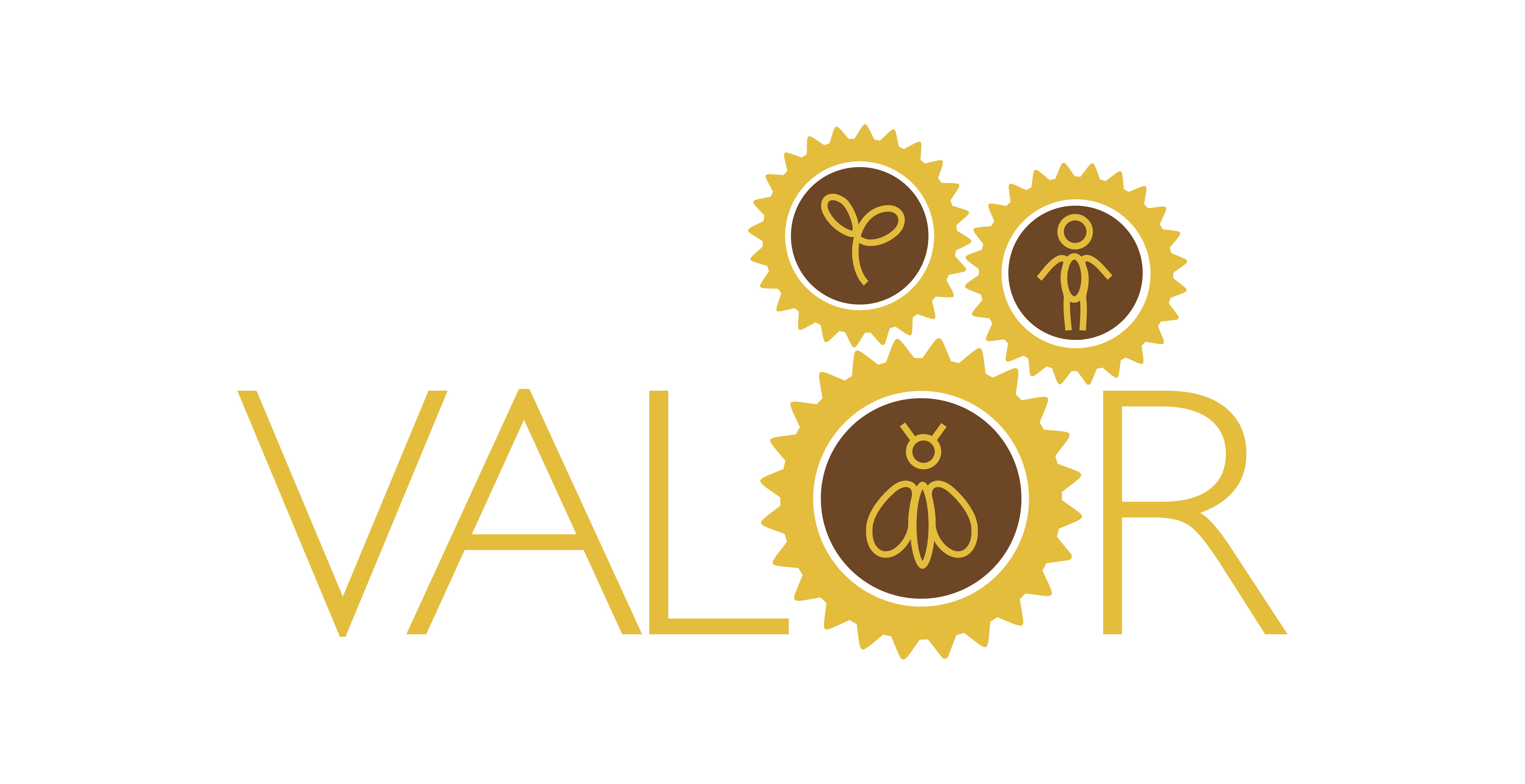
VALOR project
VALOR brings together interdisciplinary researchers, NGOs and businesses, with the aim to co-develop and demonstrate a systems-based approach to understanding, measuring and responding to changes in the benefits that pollinators provide to society and the economy.
Read more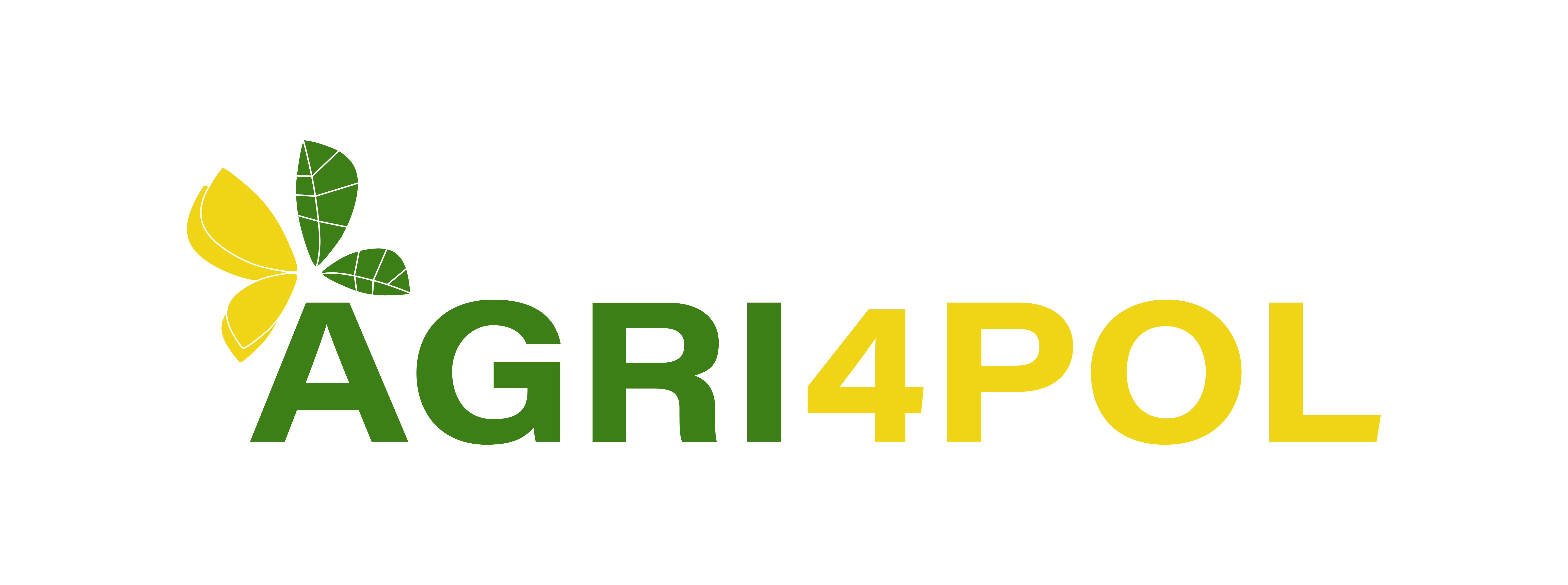
AGRI4POL project
AGRI4POL's goal is to promote the benefits of transforming agriculture from being a pressure on pollinators to becoming a positive force for restoring and managing pollinators and pollination services that support agriculture and provide food and other benefits to ecosystems and people.
Read more
SHOWCASE Project
SHOWCASE is dedicated to the integration of biodiversity into farming practices. The project aims to deliver new insight and innovative tools facilitating the agricultural sector’s transition towards more sustainable farming, and thus help meet wider societal needs.
Read more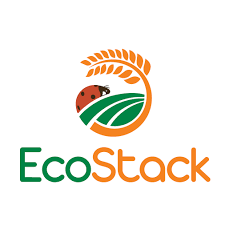
EcoStack Project
EcoStack will develop ecologically, economically and socially sustainable crop production strategies via stacking of biodiversity service providers and bio-inspired tools for crop protection, within and around agricultural fields, in order enhance sustainability of food production systems across Europe.
Read more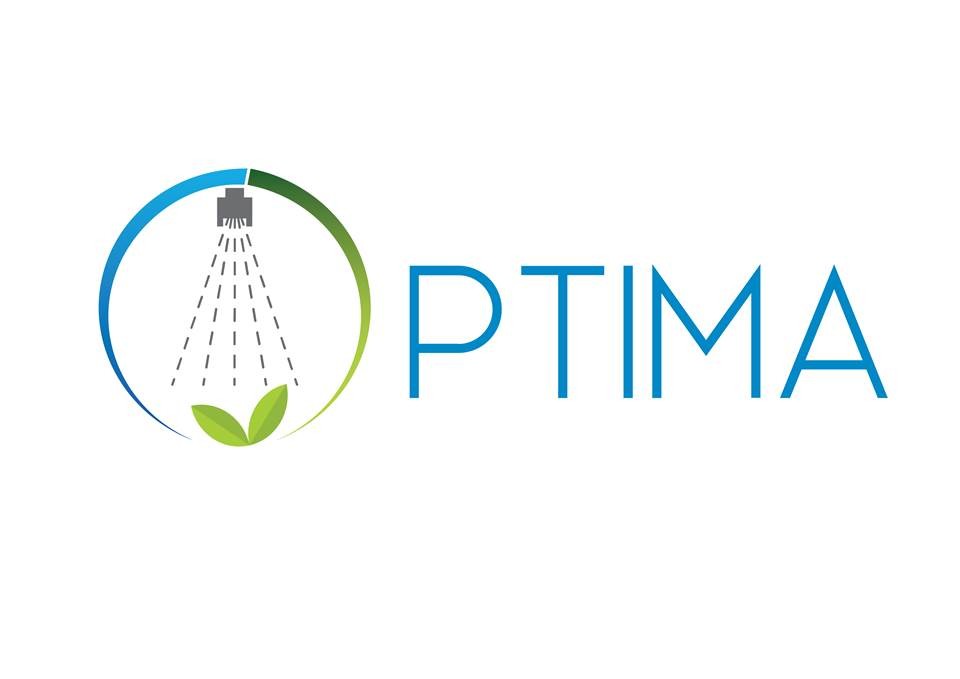
OPTIMA Project
The Project OPTIMA will develop an environmentally friendly IPM framework for vineyards, apple orchards and carrots by providing a holistic integrated approach which includes all critical aspects related to integrated disease management and will contribute significantly to the reduction of the European agriculture reliance on chemical PPPs resulting in reduced use of agrochemicals, lower residues and reduced impacts on human health.
Read more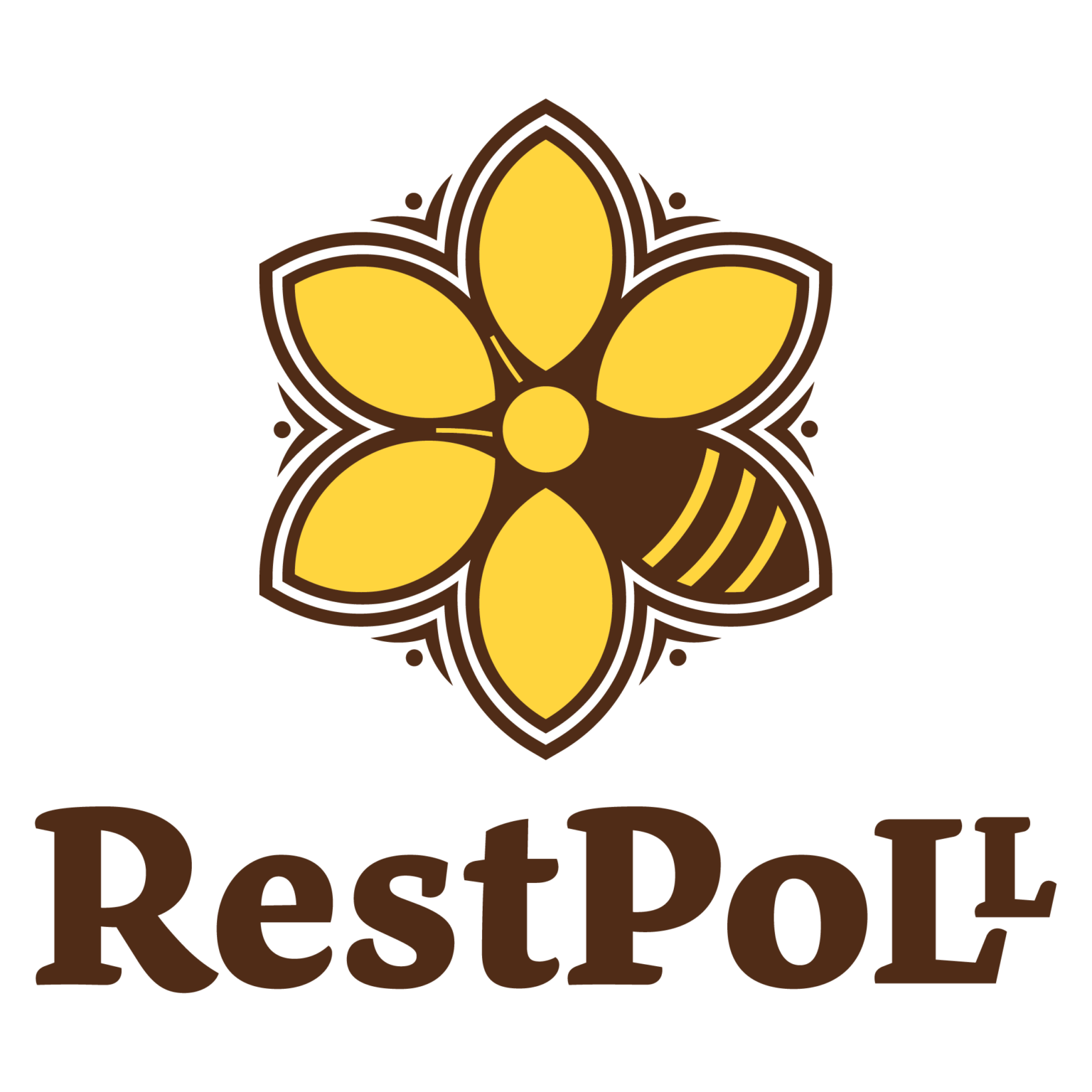
RestPoll Project
RestPoll is a highly transdisciplinary project aiming to provide society with tools to reverse wild pollinator declines and to position Europe as a global leader in pollinator restoration. RestPoll will, together with stakeholders ranging from individual land managers to governments, co-design, evaluate, and refine measures and cross-sectoral approaches to restore pollinators and their services. Central to RestPoll is the establishment of a Europe-wide network of pollinator restoration case-study areas and Living Labs (LL), which are unique hubs for experimentation, demonstration, and mutual learning. RestPoll aims to position Europe as a global leader and set the future agenda for pollinator restoration worldwide
Read more
SPRINT Project
The SPRINT project will make an internationally valid contribution to assess integrated risks and impacts of pesticides on environment and human health, both at regional and European level. SPRINT will inform and accelerate the adoption of innovative transition pathways towards more sustainable plant protection in the context of a global health approach.
Read more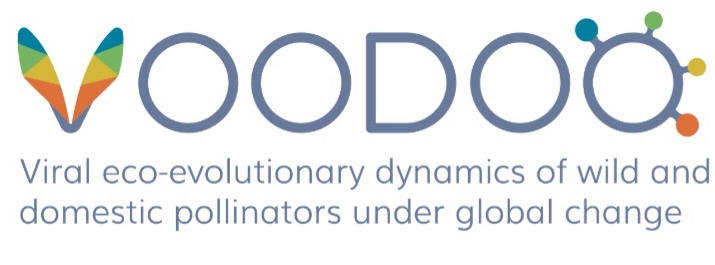
VOODOO Project
VOODOO aims to discover how land use (conventional intensive agriculture, rural mosaic or urban land) and alien plant species drive modifications to the availability and quality of floral resources that in turn affect the structure and dynamics of plant-pollinator-virus communities.
Read moreFLORADAPT Project
This project used a multidisciplinary combination of field studies and genome sequencing to investigate the resilience and potential for evolutionary change of plant populations when faced with changes in pollinators.
Read more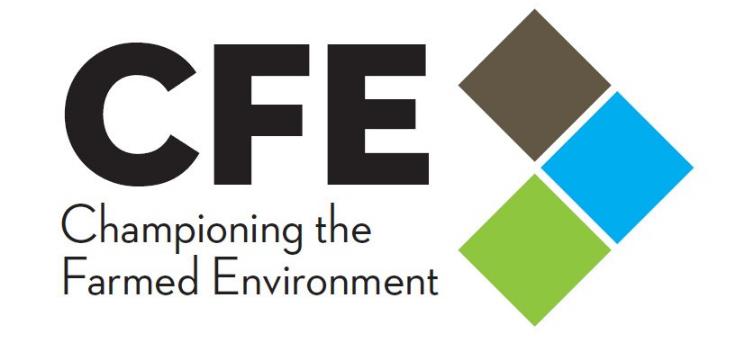
Championing the Farmed Environment
Championing the Farmed Environment is a partnership which supports farmers to deliver environmental benefits within a productive farm business. They provide guidance and support to allow more farmers to manage their land in a way which works for their business and the environment and promote and celebrate the work that many farmers already do to sustain and improve the natural environment on their farms.
Read moreFAB Project
FAB: Functional Agricultural Biodiversity was a two year project (2019 - 2021) funded by a Marie Skłodowska-Curie Actions Individual Fellowship (H2020-MSCA-IF-2018-841952) awarded to Dr Lucy Alford to work with Professor Joan van Baaren and global cosmetics company Yves Rocher. The project aimed to understand how we can use Functional Agricultural Biodiversity to restore the beneficial services of pollination and natural pest control to agricultural landscapes and ultimately optimise agricultural productivity.
Read more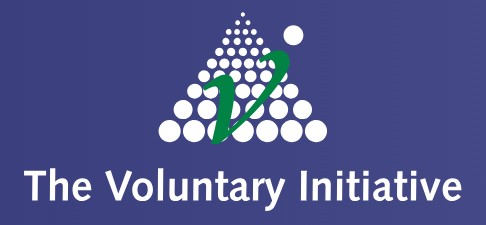
The Voluntary Initiative
The Voluntary Initiative is an industry-led programme. Through schemes, tools and messages they promote the responsible use of plant protection products (PPP's) through an IPM-based approach to sustainable agriculture.